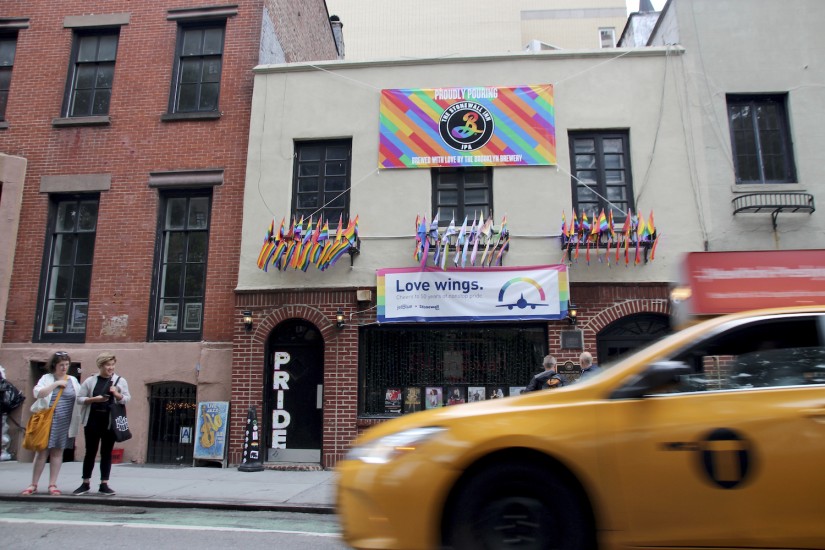Between 1923, when the New York state legislature specifically criminalized male homosexual cruising as a form of disorderly conduct (“degenerate disorderly conduct,” or simply, in police lingo, “degeneracy”), and 1966, when a loose coalition of pre-Stonewall gay activists, civil libertarians, café owners, and bohemian writers persuaded newly elected Mayor John Lindsay to end the police department’s use of entrapment to arrest men on this charge, more than 50,000 men were arrested for cruising in bars, streets, parks, and subway washrooms in New York City alone.
Ending the use of entrapment was one of the signal victories of New York’s militant pre-Stonewall gay activists. Yet the courage, boldness, and success of those activists risk being forgotten in this summer’s sustained celebration of Stonewall as the event that launched the modern LGBTQ movement. At the same time, the movement’s extraordinary—if incomplete—success in changing American society in the 50 years since Stonewall makes it all too easy to forget the scale of anti-gay policing the movement faced. The tens of thousands of New Yorkers who were arrested for cruising in the 45 years before Stonewall have been even more thoroughly forgotten than the movement that fought on their behalf. In the 1940s and 1950s, police surveillance was only the linchpin of a broader social system that punished people who were discovered to be gay. While the arrests themselves left some men in tears and others furious, almost every man taken into custody feared the possible extralegal consequences more than the legal process itself. Above all, these men feared that their families or their employers would learn they were gay if word of their arrest reached them, as sometimes happened when the police or court officials contacted them or, more rarely, a newspaper published the man’s name. Both families and employers had the power to impose more intimate and exacting punishment on people who refused to conform to heterosexual norms than the law did. The courts might punish a man with a fine or 30 days in jail. As shattering as this was to some men, it was nothing compared with the threat of losing a job, a career, or a family’s love and support.
